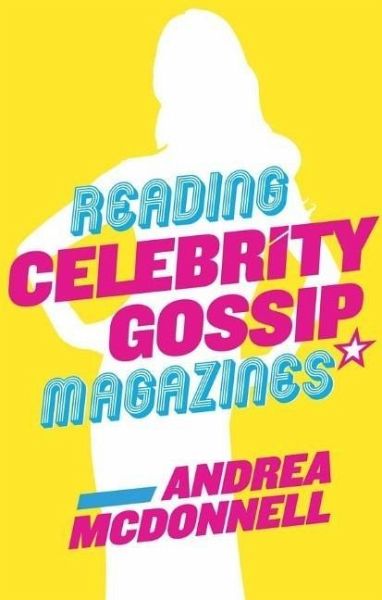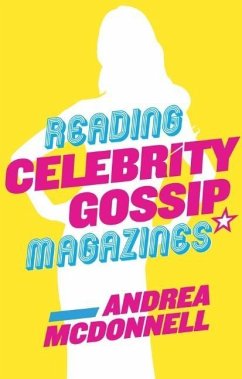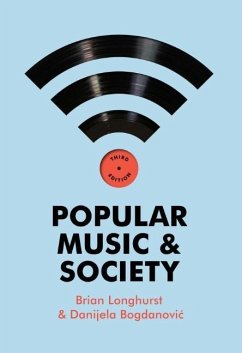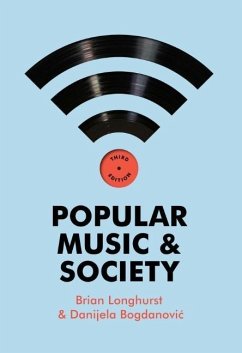
Reading Celebrity Gossip Magazines
Versandkostenfrei!
Versandfertig in über 4 Wochen
23,99 €
inkl. MwSt.
Weitere Ausgaben:

PAYBACK Punkte
12 °P sammeln!
Americans are obsessed with celebrities. While our fascination with fame intensified throughout the twentieth century, the rise of the weekly gossip magazine in the early 2000s confirmed and fueled our popular culture's celebrity mania. After a decade of diets and dates, breakups and baby bumps, celebrity gossip magazines continue to sell millions of issues each week. Why are readers, especially young women, so attracted to these magazines? What pleasures do they offer us? And why do we read them, even when we disagree with the images of femininity that they splash across their hot-pink covers...
Americans are obsessed with celebrities. While our fascination with fame intensified throughout the twentieth century, the rise of the weekly gossip magazine in the early 2000s confirmed and fueled our popular culture's celebrity mania. After a decade of diets and dates, breakups and baby bumps, celebrity gossip magazines continue to sell millions of issues each week. Why are readers, especially young women, so attracted to these magazines? What pleasures do they offer us? And why do we read them, even when we disagree with the images of femininity that they splash across their hot-pink covers?
Andrea McDonnell answers these questions with the help of interviews from editors and readers, and her own textual and visual analysis. McDonnell's perspective is multifaceted; she examines the notorious narratives of celebrity gossip magazines as well as the genre's core features, such as the "Just Like Us" photo montage and the "Who Wore It Best?" poll. McDonnell shows that, despite their trivial reputation, celebrity gossip magazines serve as an important site of engagement for their readers, who use these texts to generate conversation, manage relationships, and consider their own ideas and values.
Andrea McDonnell answers these questions with the help of interviews from editors and readers, and her own textual and visual analysis. McDonnell's perspective is multifaceted; she examines the notorious narratives of celebrity gossip magazines as well as the genre's core features, such as the "Just Like Us" photo montage and the "Who Wore It Best?" poll. McDonnell shows that, despite their trivial reputation, celebrity gossip magazines serve as an important site of engagement for their readers, who use these texts to generate conversation, manage relationships, and consider their own ideas and values.














